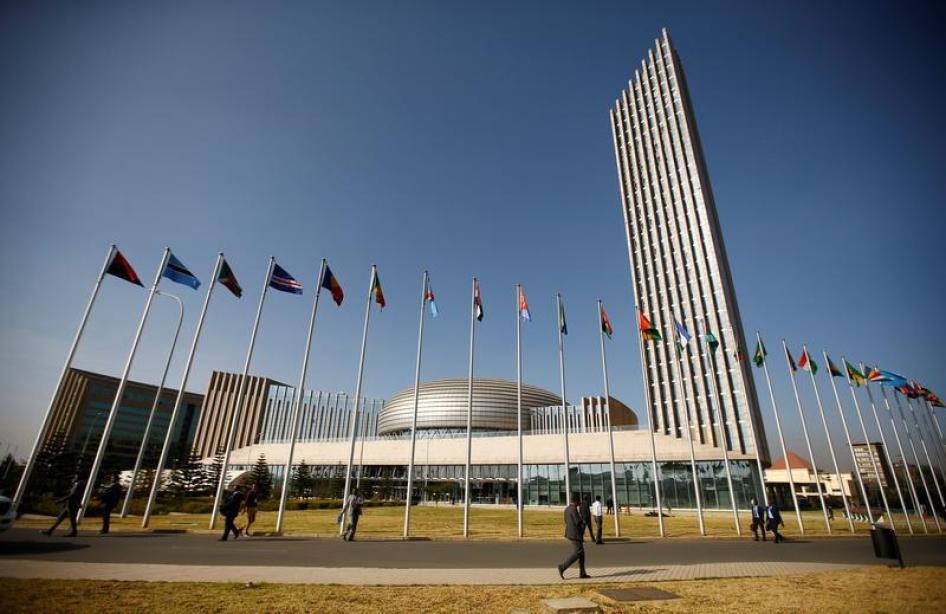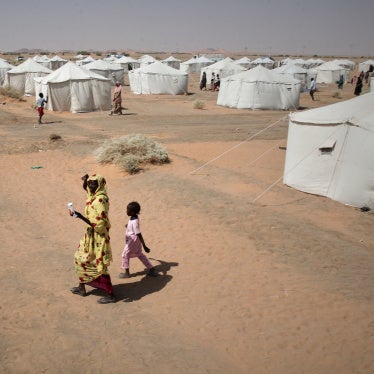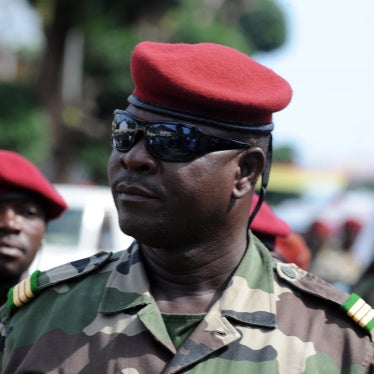The African Union made headlines Tuesday for purportedly agreeing to mass withdrawal from the International Criminal Court. The reality is more complex.
The decision by AU member states welcomes the announced withdrawals by South Africa, Burundi, and Gambia, adopts the “ICC withdrawal strategy,” and calls for member states to consider implementing its recommendations. This is based on text we have seen that, while labeled a draft, reflects the final text, sources close to the negotiations said.
But there was vocal opposition by ministers to withdrawal at last week’s AU summit. The Nigerian foreign minister said that the ICC has “an important role to play in holding leaders accountable,” and that “Nigeria is not the only voice agitating against [withdrawal], in fact Senegal is very strongly speaking against it, Cape Verde, and other countries are also against it.”
Nigeria, Senegal, and Cape Verde ultimately entered formal reservations to the decision adopted by heads of state. Liberia entered a reservation to the paragraph that adopts the strategy, and Malawi, Tanzania, Tunisia, and Zambia requested more time to study it.
Meanwhile, the “strategy” does not actually call for mass withdrawal, based on the text that Human Rights Watch reviewed. The document instead states: “Further research on the idea of collective withdrawal, a concept that has not yet been recognized by international law, is required.”
Instead the document revisits AU concerns with the court—including its relationship with the United Nations Security Council and a bid to amend the court’s statute to exempt sitting leaders implicated in widespread atrocities. The document offers information about how states may withdraw from the statute, and notes that lack of adoption of AU proposals to amend the statute could be conditions for withdrawal, but says only that a “timeline for reform should be clearly agreed upon.”
Outside of AU meetings, Nigeria, Senegal, Burkina Faso, Côte d’Ivoire, Mali, Malawi, Zambia, Tanzania, Ghana, Democratic Republic of Congo, Lesotho, Sierra Leone, and Botswana have clearly spoken out in their capitals, New York, and The Hague to expressly reaffirm their commitment to the ICC. The new Gambian president, Adama Barrow, also expressed his intention for Gambia to retract its withdrawal.
This support—and opposition to withdrawal plans—should be strengthened. The ICC is the only court of last resort to deliver justice for victims of mass atrocities when national courts are unable or unwilling. As advocates for victims have said, its reach should be expanded, not curtailed.










